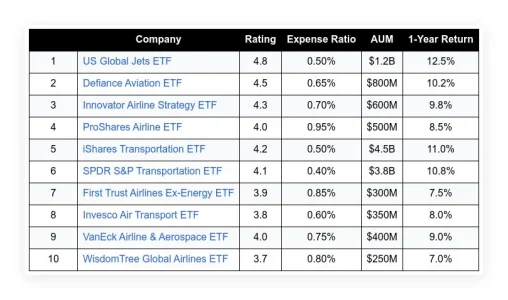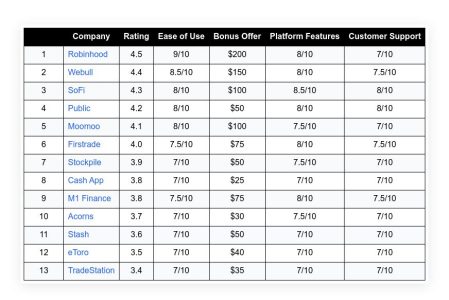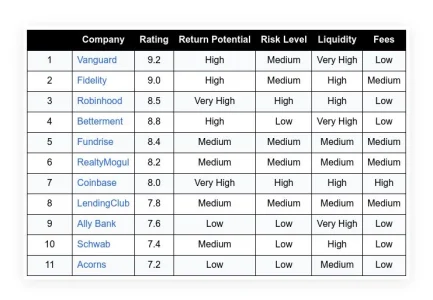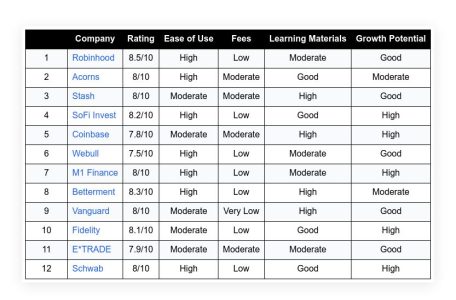The issue of home affordability has become a significant concern in recent years, particularly in the wake of the COVID-19 pandemic. The average monthly mortgage payment has dramatically increased, jumping from $1,200 pre-pandemic to a staggering $2,400 today. This doubling of mortgage payments has left many potential homeowners questioning the cause of this surge and who is to blame.
Table of Contents
ToggleSetting the record straight: BlackRock or BlackStone?
A common narrative circulating on the internet points the finger at BlackRock, a global investment management corporation. It is alleged that BlackRock was responsible for buying up 44% of homes in 2023, thereby driving up prices. However, this narrative is far from the truth.
Firstly, it is essential to clarify a common misconception. The large home buyer in question is BlackStone, not BlackRock. These two entities, while similar in name, are distinct and operate in different sectors. BlackRock is primarily an investment manager, while BlackStone is a private equity firm that also invests in real estate.
Despite the widespread belief, BlackStone owns a mere 0.06% of single-family homes. This figure is a far cry from the 44% that is often quoted, highlighting the importance of verifying information before accepting it as fact.
View this post on Instagram
A post shared by Taylor Sohns – CFP®, CIMA®, MBA – Finance (@lifegoalinvestments)
Unveiling the real culprits: Mom-and-pop real estate investors
So, if BlackStone isn’t the primary culprit behind the surge in home prices, who is? The data points toward mom-and-pop real estate investors. These are small-scale investors who own between one and nine properties.
According to the numbers, these mom-and-pop investors own 80% of rental homes. This is a significant portion of the market, and their activities can substantially impact home prices.
In contrast, large institutions like BlackStone only own 3% of rental homes. This figure is significantly smaller than the share owned by mom-and-pop investors, suggesting that these small-scale investors play a more significant role in the housing market than large institutions.
The misdirection of blame
It’s easy and convenient to blame large corporations like BlackRock and BlackStone for the surge in home prices. After all, they are prominent entities with significant financial power. However, the data tells a different story.
While these corporations do play a role in the real estate market, their influence is not as substantial as many believe. Instead, small-scale, mom-and-pop investors own the majority of rental homes and consequently have a more significant impact on home prices.
Wrapping it up
The issue of home affordability is complex and multifaceted, with numerous factors contributing to the current situation. While it’s tempting to blame large corporations, it’s crucial to examine the data and understand the broader picture.
In this case, the data reveals that mom-and-pop real estate investors, not large institutions like BlackRock or BlackStone, are the primary drivers of the surge in home prices. This finding underscores the importance of small-scale investors in the housing market and the significant role they play in shaping home affordability.
As we move forward, we must continue examining and understanding these dynamics to develop practical solutions to the home affordability crisis. Only by doing so can we hope to make homeownership a feasible and affordable option for more individuals and families.
Frequently Asked Questions
Q. What is the current issue with home affordability?
The average monthly mortgage payment has dramatically increased, jumping from $1,200 pre-pandemic to a staggering $2,400 today. This doubling of mortgage payments has left many potential homeowners questioning the cause of this surge and who is to blame.
Q. Who is being blamed for the surge in home prices?
A standard narrative points the finger at BlackRock, a global investment management corporation. It is alleged that BlackRock has been responsible for buying up 44% of homes in 2023, thereby driving up prices.
Q. Is BlackRock really to blame for the surge in home prices?
No, this narrative is far from the truth. The large home buyer in question is BlackStone, not BlackRock. While similar in name, these two entities are distinct and operate in different sectors. BlackRock is primarily an investment manager, while BlackStone is a private equity firm investing in real estate. BlackStone owns a mere 0.06% of single-family homes.
Q. Who is the primary culprit behind the surge in home prices?
The data points towards mom-and-pop real estate investors. These are small-scale investors who own between one and nine properties. According to the numbers, these mom-and-pop investors own 80% of rental homes. This is a significant portion of the market, and their activities can substantially impact home prices.
Q. What role do large corporations like BlackRock and BlackStone play in the real estate market?
While these corporations play a role in the real estate market, their influence is not as substantial as many believe. Large institutions like BlackStone only own 3% of rental homes. This figure is significantly smaller than the share owned by mom-and-pop investors, suggesting that these small-scale investors play a more significant role in the housing market than large institutions.
Q. What is the importance of understanding these dynamics in the housing market?
As we move forward, we must continue examining and understanding these dynamics to develop practical solutions to the home affordability crisis. Only by doing so can we hope to make homeownership a feasible and affordable option for more individuals and families.

















